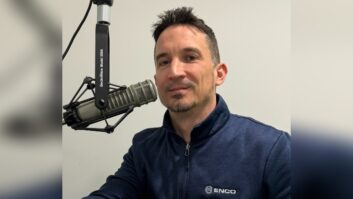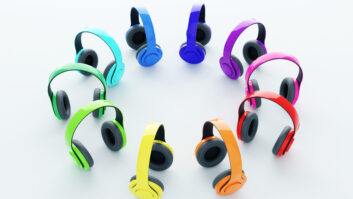Years ago I took a firearms safety course. I remember the instructor saying, “The safety on a gun is a mechanical device. And any mechanical device can fail.” I’ve learned that this admonition about mechanical devices was true.
I think we can all agree that seemingly mundane matters involving our devices and tools are often ignored. The problem is that minimizing them can create glaring, noticeable problems.
I like to call these “mechanical distractions.” Our broadcast gear is electronic, yes; but these are machines that produce a product. In a concert venue or a church or any place with an installed sound system, the best sound system is the one you never notice. The system is built in such a way that the mechanical distractions are minimized.
A radio broadcast is much like an installed sound system. We want a listener to tune in and consume our product, not making mental notes about a technical aspect of the broadcast. This article presents examples of such minutia.
The Most Obvious: Processing
If 40 people provide 40 differing views on processing, that’s normal. It is a passionate and subjective topic.
If a loudness war is raging in the market, we may be pulled into doing things with processing that defy basic fundamentals. On the flip side, if we’re the only format in the market, we might be aloof about the processing.
Both are bad practice.
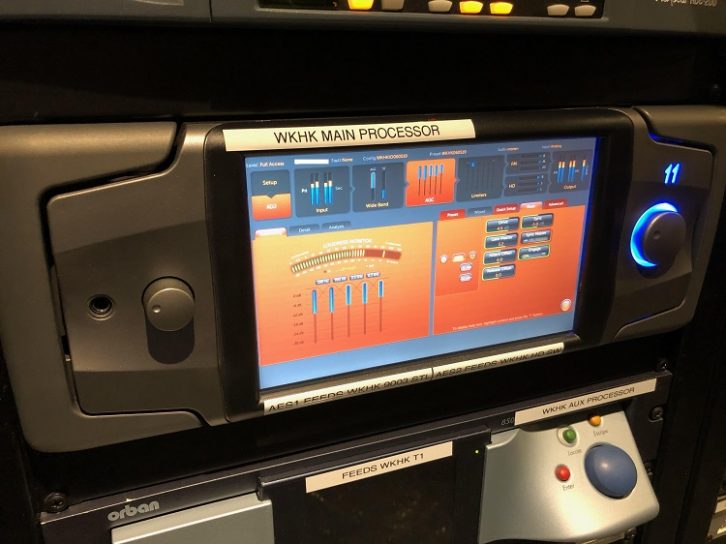
If we have achieved the “loudest” station in the market, is it smoking the final clipper? Is the multiband working so hard that listener fatigue is inevitable? Has audible distortion taken the place of clarity?
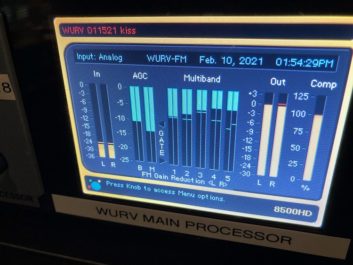 On the other hand, suppose we have a country format. Do listeners continually turn the station up and down because the processing is hardly doing its job?
On the other hand, suppose we have a country format. Do listeners continually turn the station up and down because the processing is hardly doing its job?
Final processing is the hallmark of the station’s persona in the market. Set aside regular times to do some critical listening. Whether loud and aggressive or relaxed, the processing must serve your demographic without noticeable mechanics.
RDS and PAD
Metadata quality control should be within the purview of the programming department. However, an extra set of eyes never hurt anyone.
As radios evolve into virtual dashboard computers, RDS and PAD become more important. Over the last two years I became the self-appointed RDS and PAD czar at our cluster. Our engineering department works endlessly to make sure these ancillary services work properly.
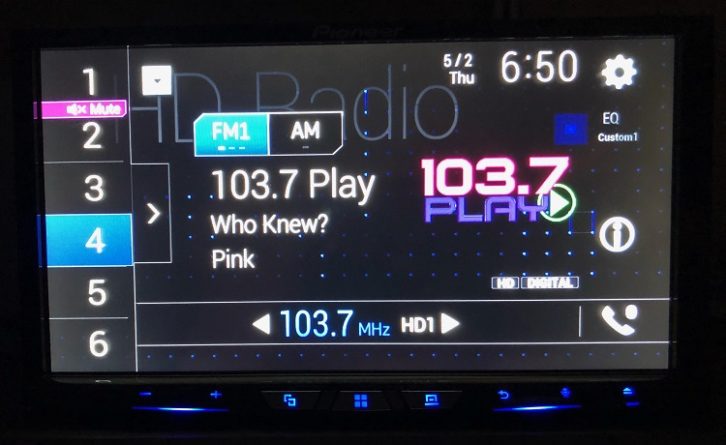
So when “Laddy Gaga” appears on the radio, or “020121-MU10004” or “Solitaire FT. Gucci Mane & Migos w./ Lil’ Yachty RADIO EDIT CLEAN VERSION,” it drives me insane.
In response, I’ve practically written a book for our programming staff that spells out artist and title formatting standards. Additionally, I’ve manually instituted these standards in our 13,000-song database.
“It’s not my job!” Well, that’s most likely true, but poorly formatted, misspelled or inconsistent RDS and PAD data is an embarrassing distraction that reflects poorly upon the station. When a listener looks at the name of a song, they shouldn’t start laughing about a spelling error.
Little, Little Tiny Edits
Now that we’ve put our noses in programming business, let’s go down the hall to the production department.
When orders stack up, the production team becomes the busiest group in the building. They churn out spot after spot.
That is when editing slip-ups happen. They are usually slight, but if they go unchecked, they can become an unnecessary mechanical distraction. Should engineering mention production issues to production? This is tricky territory, requiring an open, friendly environment for dialogue.
One example is cutting off a breath or editing a file in such a way that a breath happens unnaturally. This does the product a disservice. Also, splicing together the same voice from two recording sessions is a noticeable distraction. Some production folks add compression and dynamics in post that cause a regular and familiar voice to sound unnatural.
If the midday guy voices a spot that plays during one of his stop sets and the processing is spectacularly more aggressive than the regular studio mic processing, the listener will hear a mechanical change — a distraction.
One last thing that pertains to production and air staff is mic placement. Ever see the ad where the girl talks into the end of a side-address mic? So talk periodically with the on-air and production people. The mic is a mechanical device that can cause mechanical distractions when used improperly.
Stop Hurting Ourselves
Ssometimes we engineers get in our own way. Whether through complacency, lack of knowledge or lack of funds, we “let things go.”
I know of an RJ-45 connector right now in our TOC that needs replacing. It causes problems when it fails. Have I replaced it yet? Well, by the time you read this I will have!
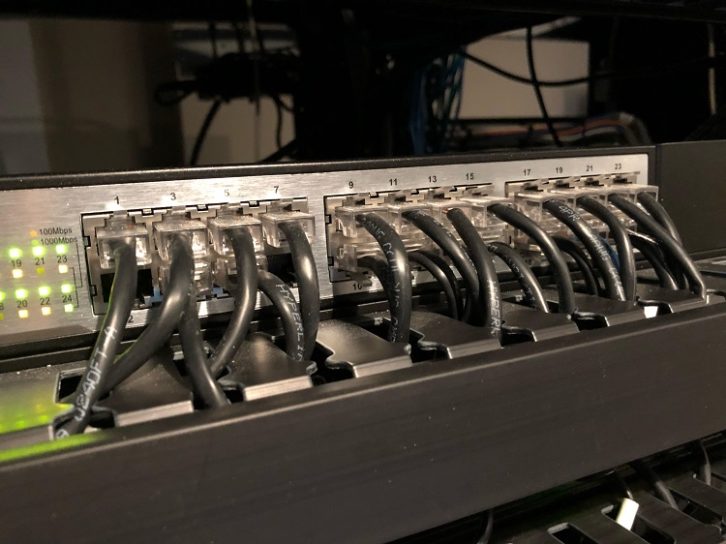
The point is, loose ends add up and can become noticeable to listeners.
How could I have prevented that four minutes of dead air? A silence alarm could have sent an email and I could have remoted in and fixed it.
Or the main transmitter failed and now we’re off the air until I can get there and switch it to the aux. Maybe it’s time to look into an improved Burk or Davicom remote system?
The PD keeps complaining about distortion on VoxPro. “Well, she’s off her rocker.” Yes, she probably is, but she needs you to take some time and fix the audio levels in the studio!
Be a People Person
When an engineer starts complaining to programming and production about how they’re doing their jobs, we can expect friction. Engineers don’t like it either.
However, reducing mechanical distractions doesn’t have to be contentious. Foster an environment of open dialogue, humor and camaraderie. That way, when we see typos on the RDS or hear a choppy radio ad or when the programming team hears a problem with the processing or something is up at a transmitter, a simple text, email or phone call won’t be an affront.
As broadcasters we present an on-air product in which the transport mechanism must be transparent. There should be nothing mechanically distracting between the jock’s mic and the listener’s speakers. Attention to detail and purposeful camaraderie go a very long way in creating a great product.
Chris Wygal is chief engineer for Summit Media Corp. in Richmond, Va.. He began a full-time career in radio broadcasting in 2002 and has been writing for broadcast trade publications since 2005.
